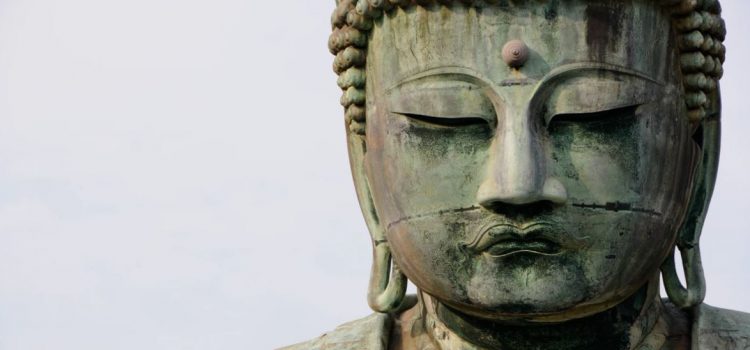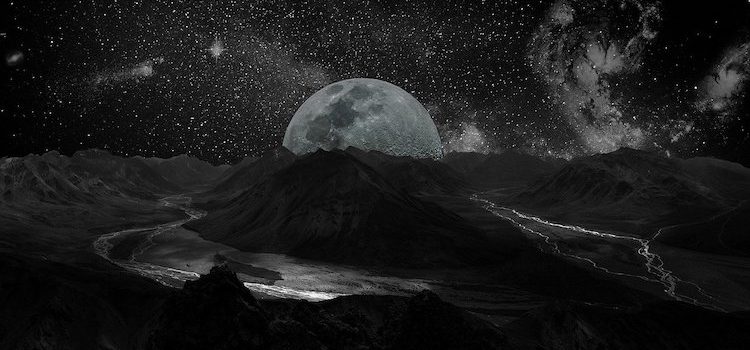What is a samurai mindset? What are the key qualities of a samurai warrior? In his 1643 book The Book of Five Rings, Miyamoto Musashi says that you can’t become an expert swordsman if you don’t have the right mindset. He details important qualities that any aspiring samurai should cultivate such as honesty, perception, and purpose. Here’s how to cultivate a samurai mindset, according to Miyamoto Musashi.
The Samurai Mindset: Think Like a Warrior










